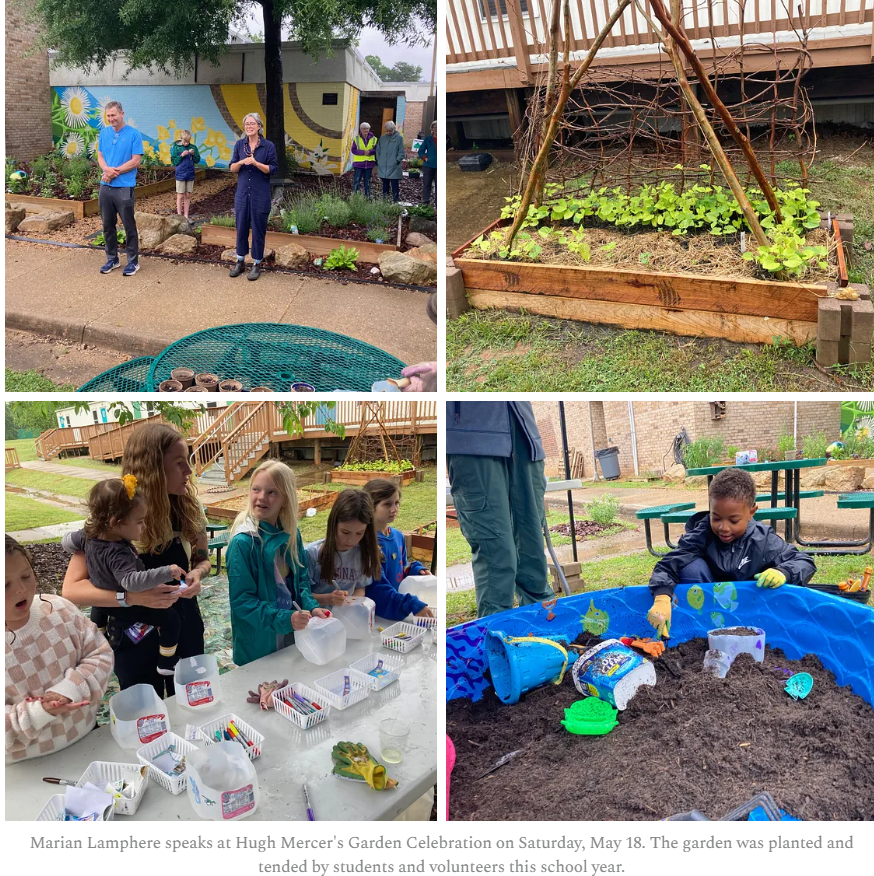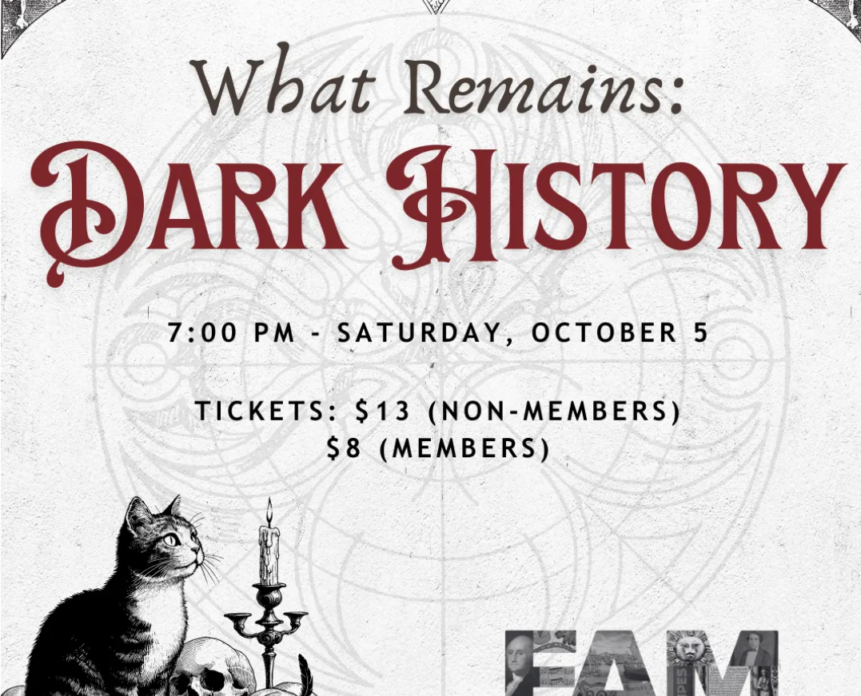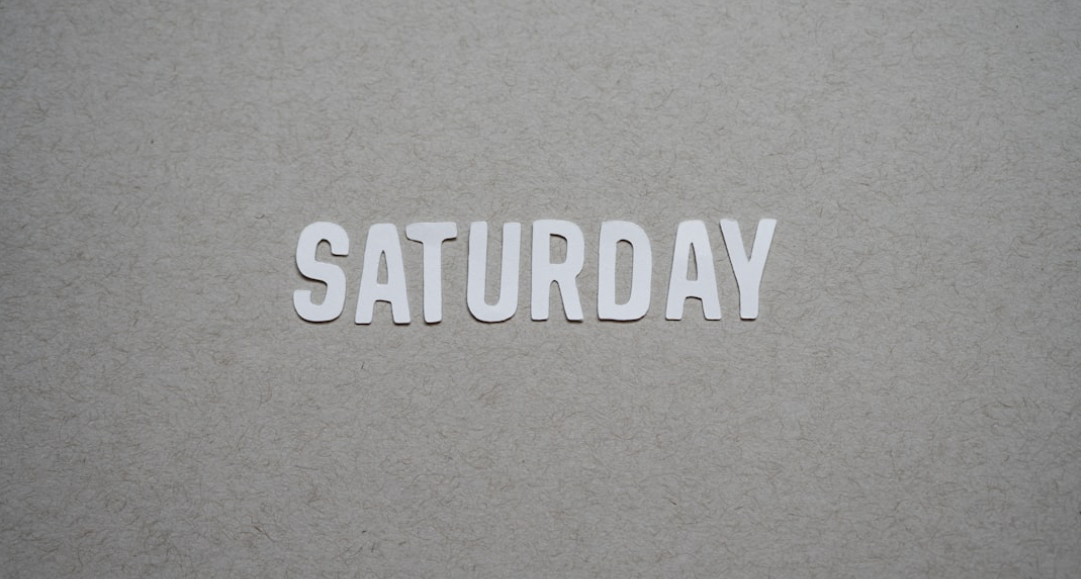
When Jay Snyder, principal of Hugh Mercer Elementary School in Fredericksburg City, entertains visitors to the school, one of the first things he wants to highlight is the garden.
Not only because it’s beautiful, and not only because it presents students with so many educational opportunities, but because it’s an example of the power of community.
The garden was first installed in the courtyard behind the school in the fall of 2023 by students and volunteers led by Marian Lamphere, the parent of a Hugh Mercer student.
“Marian felt connected to this community. All I did was provide her an opportunity to do something in for this community in return, and look what she’s done,” Snyder said during a celebration of the garden hosted at the school on Saturday. “It’s all about creating these opportunities for feeling connected. That’s what’s so important. Of course, I want to show that we are providing an excellent education, but I also want to show that this community empowers people too.”
Throughout this school year, students in the after-school garden club led by Lamphere, as well as parent volunteers and the PTA, have maintained the native pollinator garden that was installed in the fall and added eight raised vegetable beds.
The raised beds showcase different approaches, such as the keyhole garden—which has a compost cage buried in the center and was developed in Lesotho, Africa—and the Native American Three Sisters garden of corn, squash, and beans grown together.
The pollinator garden is a collection of native flowers that will attract butterflies, moths, and other important pollinating insects and serendipitously, as Lampehre said, it helps Fredericksburg become an official Bee City.
Bee City USA is an initiative of the Xerces Society, an international nonprofit dedicated to invertebrate conservation.
To become a Bee City, Lamphere said, communities commit to increase the number of native pollinator gardens, find alternatives to pesticides, and educate the population about the importance of pollinators, especially native bees.
“We’re not talking about the European honeybee—those are well taken care of,” Lamphere said. “We’re talking about the 477 species of native bees—things like the longhorn bee and the carpenter bee, and the 115 species of sweat bees that are really tiny. All of them are very efficient pollinators and they’re the ones being devastated by spraying for mosquitos.”
Fredericksburg City Council will vote to join the Bee City USA program in coming months.
At Saturday’s celebration, visitors could harvest and taste radishes from the keyhole garden, plant their own mini gardens in recycled milk jugs, visit with the reptile crew from Spotsylvania County Animal Control, and learn about the Bee City USA program and other organizations such as Friends of the Rappahannock, the Fredericksburg Food Coop, the Fredericksburg Clean and Green Commission, and the R-Board.





